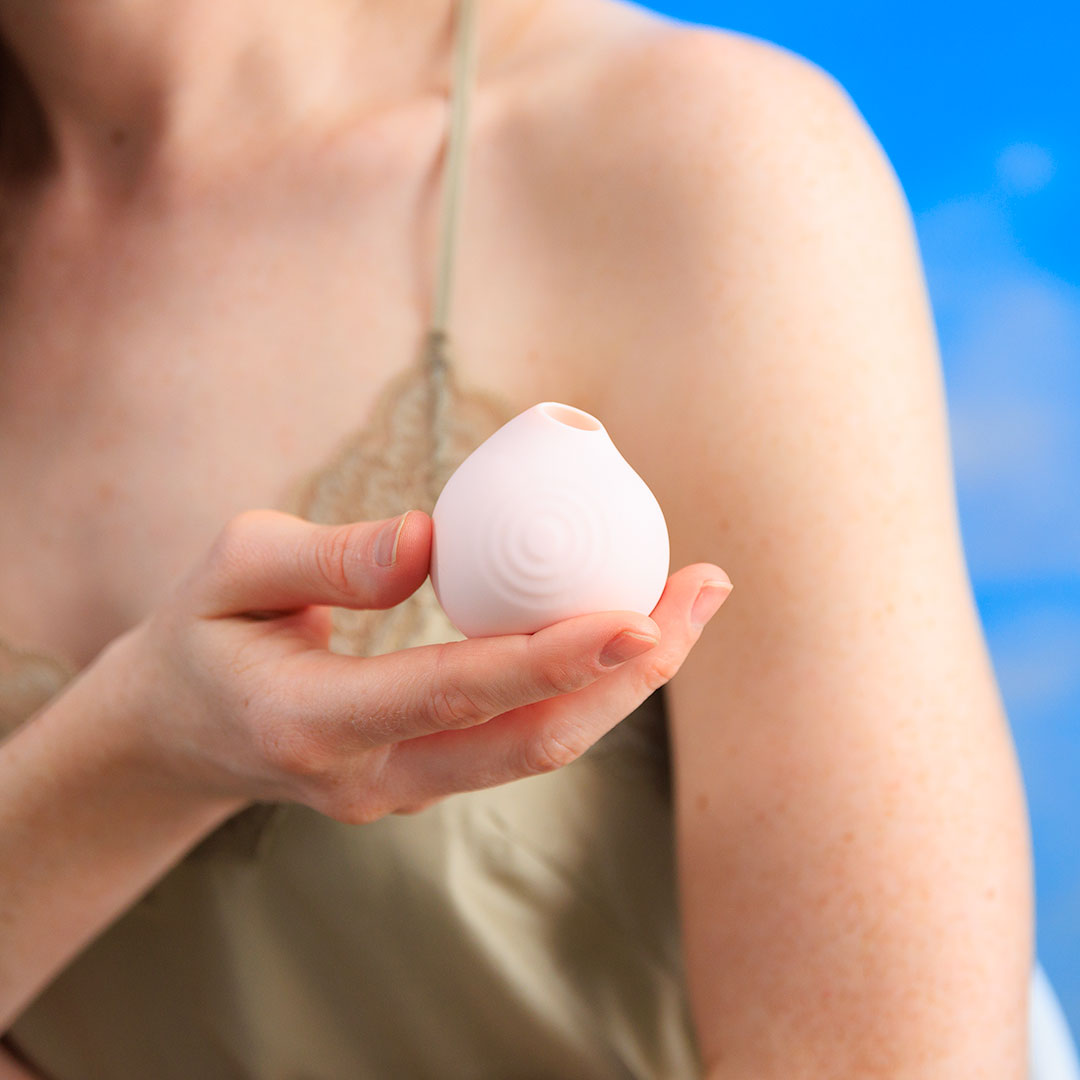Dr HANX: Everything You Need To Know About PMS
Premenstrual syndrome (PMS) is that big bang of physical and emotional symptoms that tend to appear in the two weeks leading up to your period. Usually, they improve or subside once your period starts and tend to have totally disappeared by the end of your period. Your GP/medical professional can diagnose PMS by taking your medical history to ensure you have no other health issues that could be confused with PMS. There’s no blood test to determine PMS but these three elements are key for diagnosing PMS:
- The main presenting complaint is an emotional symptom associated with PMS such as mood swings, feeling upset anxious or irritable.
- Symptoms coincide in the premenstrual phase and reduce or disappear just before or when menstruation happens.
- The symptoms interfere with the person’s day to day life.
Okay, so how can PMS affect your body?
- PMS symptoms include:
- Mood swings
- Tiredness (sound familiar?)
- Headaches
- Feeling upset
- Anxious or irritable
- Bloating
- Breast tenderness
- Increased acne
- A change in appetite and libido
It’s more tricky to manage and cope with other health issues while feeling tired, low, or moody and experiencing PMS symptoms may also trigger people to make poorer health choices, such as craving and eating sugary foods and resisting exercise.
Roughly 50% of people who suffer PMS also have another health issue which is exacerbated during the premenstrual period too.
These tend to be conditions that are similar to PMS symptoms, including depression and anxiety disorders, ME / chronic fatigue syndrome, and irritable bowel syndrome to name just a few.
How common is PMS?
Most people who have periods experience some kind of PMS. However, we’re all different and as a result, symptoms can vary from month to month, too.
PMS is very common and affects most people who have periods (over 90% - that’s pretty massive), but unfortunately for some people, it’s more severe and can drastically affect their daily life. A very small number of people may experience more severe symptoms of PMS known as premenstrual dysphoric disorder (PMDD). Similar to PMS but more serious, PMDD causes severe irritability, depression, or anxiety in the lead up to menstruation. This can be debilitating and it’s important to get specialist help and support to manage PMDD.
There’s still not much info out there on why PMS happens, but what *do* we know?
Researchers are not certain exactly what causes PMS, the most popular explanation is that PMS symptoms are related to:
- Cyclic changes in female sex hormones. The hormone progesterone peaks at the end of your menstrual cycle, then drops when you start your period (ie- at the start of your menstrual cycle) and this is thought to contribute to PMS.
- Hormones from the pituitary gland - a gland at the base of the brain.
- Prostaglandins, which are chemicals found in the body which affect our function.
- Certain brain chemicals called neurotransmitters. a variety of chemical substances in your blood called neurotransmitters, including serotonin and gamma-aminobutyric acid (GABA).
There’s also some evidence that magnesium deficiency could play a role, as well as a person’s lifestyle choices. PMS symptoms appear to be most severe in women who smoke, are stressed, don’t exercise regularly, have poor sleeping habits, or a poor diet. However, it's not clear which comes first with regards to lifestyle, for example, you may be stressed or not sleeping well due to PMS itself, rather stress or lack of sleep causing PMS.
Medication can also play a role in PMS, with oral contraceptive pills sometimes the cause of PMS symptoms, whilst also being used to treat symptoms in other people.
As with everything in medicine, there are always variables - some people are more affected by fluctuations of hormones and chemicals in their body than others. Some bodies are very sensitive in responding to the change in hormone levels in the lead up to a period. The gender health gap is a reminder that there’s still a lot of work and research to be done for women’s health issues, there is a lot more research to be done and PMS is still not fully understood!
Will people who experience PMS have the same symptoms every month and will their symptoms start to kick in at about the same time during each menstrual cycle?
Your PMS symptoms can vary month to month, due to external factors such as how much exercise you’re doing, whether you’re eating and sleeping well, if you’re taking other medications or have other health problems, amongst many more.
As PMS is a complex condition, with many factors affecting how it presents, and many different symptoms, it may be that one month your symptoms are much milder than the next. However, if you have a regular menstrual cycle and stable lifestyle, it is likely your PMS symptoms will be similar month to month.
It’s also worth noting that symptoms from PMS can also change throughout your life, and the symptoms may get worse in your 30s or 40s. During the lead up to your menopause (a period called the per-menopause) your cycle will likely become less regular and erratic, and you may notice changes in your PMS symptoms. PMS then stops after menopause when you no longer get a period, for which the average age is 51 in the UK.
How can you tell when PMS has begun?
- Common things people notice when PMS starts to kick in are symptoms including:
- Acne (especially if you’re prone to hormonal skin changes)
- Breast tenderness
- Lower abdominal or lower back cramps and bowel changes (especially close to your period)
- Feeling bloated
- Getting headaches and mood changes (including anxiety, low mood or feeling angry and irritable). 🌩️
Is there anything you can do to stop or delay PMS from kicking in?
Tracking your cycle is a great way to understand your body and understand when you may be experiencing PMS symptoms. It can be a helpful way to make sense of how you’re feeling and plan around them if possible. The best things within your control to change how PMS affects you is to ensure you’re leading a healthy lifestyle. The usual things apply - eat well, get regular exercise, ensure you get enough sleep, maintain a healthy weight, and managing stress.
Anti-depressants are sometimes used to manage the symptoms of people with severe PMS. Hormonal contraceptives are also a recommended treatment for PMS and premenstrual dysphoric disorder (PMDD) which is the more severe form of PMS – Some people take the pill continuously (not having any hormone-free days) which may be particularly good for people with PMDD to avoid fluctuations in hormones.
There are some alternative therapies for PMS including evening primrose oil, vitamin B6 and chaste berry, amongst others. Studies for these treatments have shown mixed results, but they do help for some people.
Unfortunately, a small number of women may experience more severe symptoms of PMS known as premenstrual dysphoric disorder (PMDD). Similar to PMS but more serious, PMDD causes severe irritability, depression, or anxiety in the lead up to menstruation. This can be debilitating and it’s important to get specialist help and support to manage PMDD.
Want more?
- From painful bloating to food cravings, how to handle PMDD symptoms.
- Not just mood swings: discover the reality of Premenstrual Dysphoric Disorder.






















